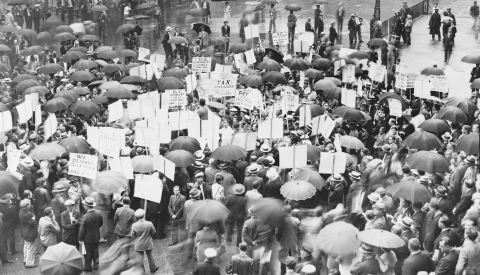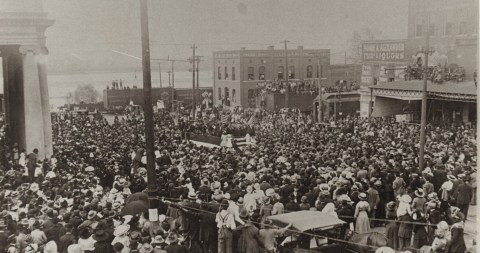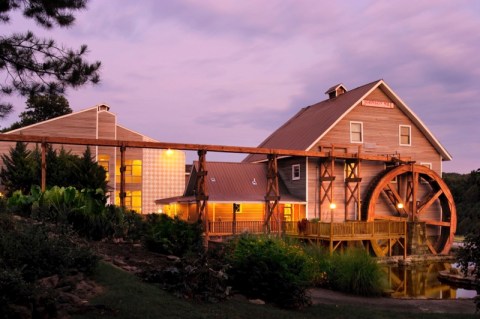9 Insane Things That Happened In Arkansas You Won’t Find in History Books
Although it may not be detailed in every textbook, Arkansas is filled with fantastic stories from the past. Some historical figures’ pasts have been glazed over and others have been nearly forgotten altogether. Let’s look at some of the wild happenings from Arkansas’ history you might not find in history books.
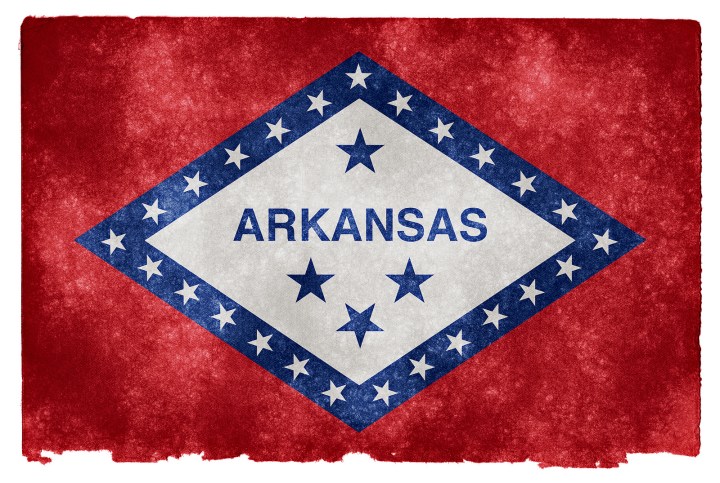
Most folks know we have a silly law that prohibits Arkansas from being pronounced as "Ar-Kansas" but that's usually the end of the state name trivia. The names of Arkansas and Kansas are both based on the Siouan word "kká:ze" which means "people of the south wind;" however, Arkansas can thank the French for the different pronunciation. Two Arkansas senators fought over the pronunciation in 1881 which resulted in the bizarre law we have today.

"A Face in The Crowd," "The Legend of Boggy Creek," and "Uncle Tom's Cabin" may come to mind as the earliest films shot in Arkansas but there's one that goes back even further. "Hallelujah," filmed in 1929, has the first movie scene ever filmed in our state. Surprisingly, it was one of the first movies with an all-black cast that was backed by a major Hollywood studio. The musical earned director King Vidor an Oscar nomination, but unfortunately, the film has mostly been forgotten.
Advertisement

We've persevered through tornadoes, floods, and earthquakes but the weirdest weather phenomenon happened in 1973. A severe hailstorm rained over Stuttgart with large, irregular shaped hail, storms, and intense winds. The storm also picked up and rained down the most unexpected thing —
ducks! More than one hundred frozen ducks fell to the ground, some completely frozen but others just crippled and confused. Needless to say, it ruffled a few feathers.
Advertisement
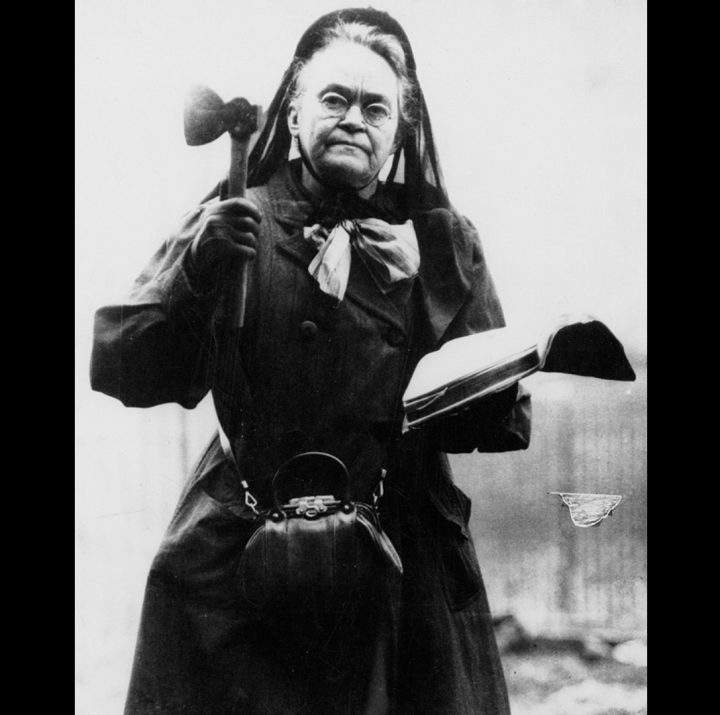
Carrie Moore, the self-proclaimed "Joan of Ozark," was a radically violent religious woman. She held an absolute intolerance towards alcohol, which was understandable since she was married to an alcoholic at one point; but, she took her intolerance to a new level not seen by anyone in the mid-1800s. After a bizarre marriage to David Nation, Carrie continued to follow what she believed to be God's calling. She changed her name to Carry A. Nation, gained a religious following, and (most notably) would raise absolute hell in any alcohol-serving establishment. Her hatchets, named Faith, Hope, and Charity were used to smash bottles, chop tables, and put the fear of Carry into every patron. You can visit her last house, the Hatchet Hall, at 35 Steele St. in Eureka Springs.
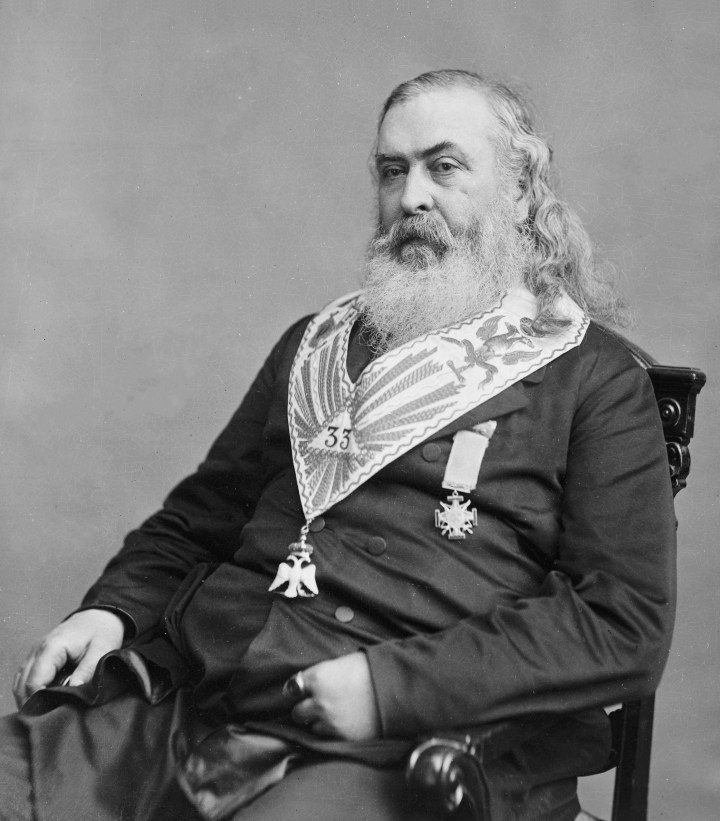
In my hometown, Albert Pike is a name you don't think twice about. We have an elementary school and main thoroughfare named after the Confederate general but apart from knowing his involvement in the Battle of Pea Ridge, the details were always left a bit fuzzy in school. Although his Indian cavalry initially won the battle, Pike's troops were accused of going wild (read collecting scalps) and abandoning the Confederacy during a counterattack. In addition to this, Pike was charged with absconding and mismanaging money and resources. He fled to the hills of Arkansas but was caught and imprisoned in Texas. Oddly enough, he released after the War Office finally received his letter of resignation. Once he returned to Arkansas he became a founding figure of the KKK. Whether or not he actually started the Klan is still debated but he was listed as a chief judicial officer in its publications. Overall, he's one figure whose history has been edited down over the years.

The city of Jonesboro nearly fell apart in the 1930s but has one man to thank for its rescue. In December 1931, all five of Jonesboro's banks had financially collapsed because of the Great Depression. Between this and the Jonesboro Church War of 1931, the city was in turmoil. Morris Berger, a key businessman in the city, made the decision that would save Jonesboro. Over the years, he had founded the first furniture company and supermarket in northeast Arkansas as well as a Jewish synagogue and cemetery. In January, he gathered his family and their wealth to open the Mercantile Bank on Main Street. The bank became the foundation for the city's development and protected Jonesboro from collapse. You can see the Berger House located at 1120 South Main Street in Jonesboro.
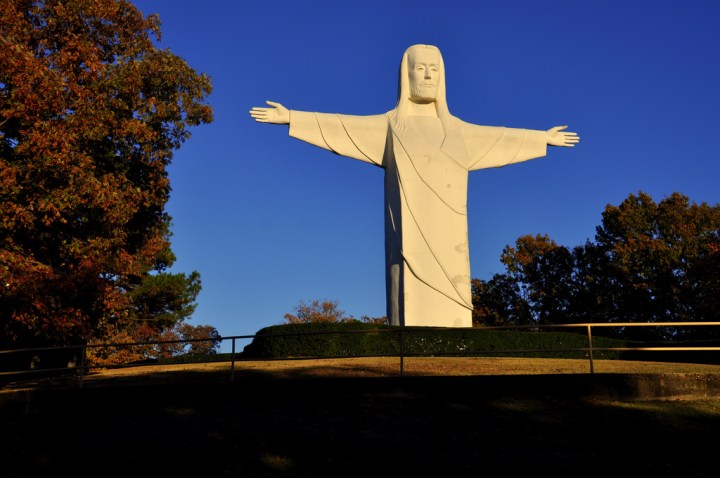
Everyone in Arkansas is familiar with the Christ of the Ozarks, the gargantuan 65-ft. sculpture is the tallest point in Eureka Springs. The history of its creator, however, is not as well known. Gerald K. Smith first gained his fame in the political sphere. He accused President Eisenhower of planning Jewish world domination and that he backed the Jewish media invention of the holocaust. After some failed attempts at running for various political positions (can't imagine why he was unpopular), he retreated to Eureka Springs to construct a religious theme park. The only portion that was completed was the giant statue and outdoor passion play. The play, thankfully, has been altered from the German original it's based on and is now a popular attraction. Smith and his wife are buried in a vault next to the giant statue. Who knew that such a tourist trap came from such dark and wild beginnings.
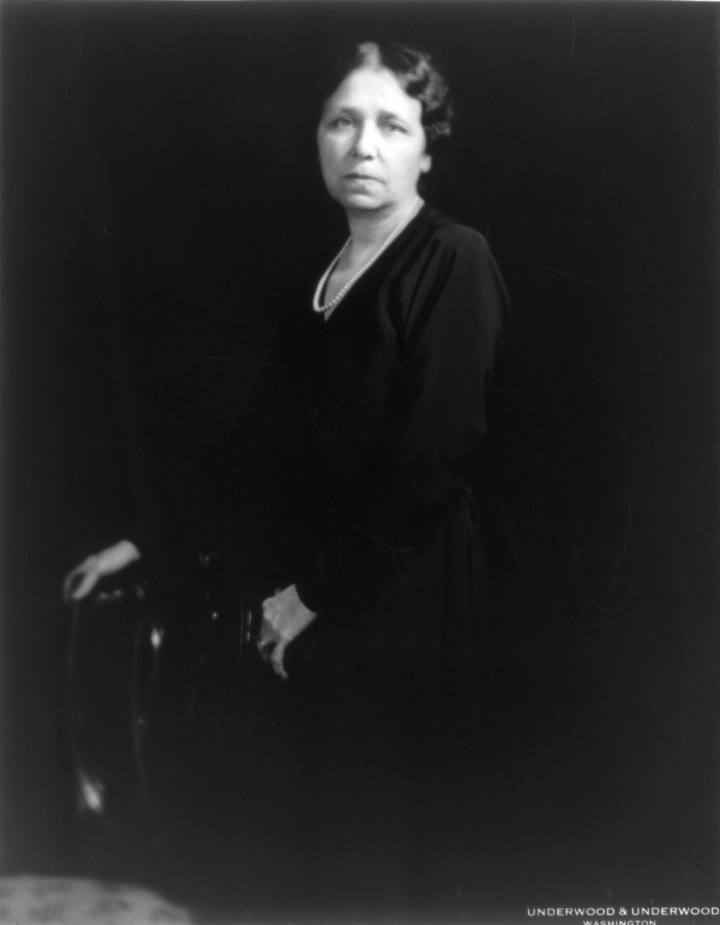
Hattie Caraway had an interesting introduction to politics that would end with her becoming the first woman elected to the Senate. Her husband, Thaddeus Caraway, was elected as an Arkansas state representative in 1912. In 1920, he became an Arkansas senator and served until his death in 1931. The most unexpected thing happened next, governor Harvey Parnell asked Hattie to fill her husband's Senate seat. What's even more unexpected was that she won re-election in 1932. During her time as a senator, Hattie worked on the Equal Nationality Treaty of 1934 and sponsored the Equal Right Amendment.
Advertisement
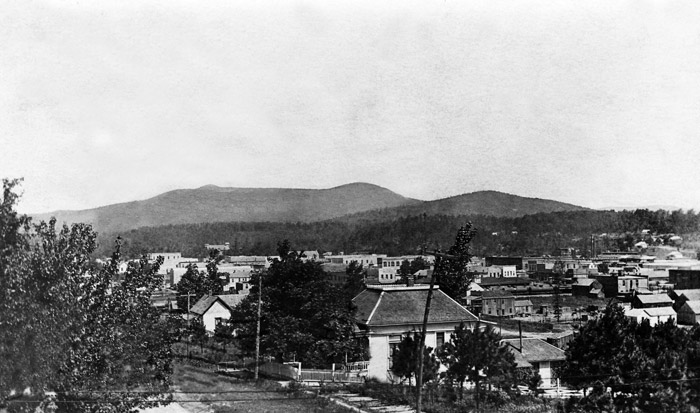
In 1918 Mena welcomed a new doctor to town, Dr. Victor Mayfield. The doctor's office was the rented out the second story above the Central Meat Market Shoppe on Main Street. Victor quickly became a beloved town figure, he was well known for being a sharp dresser and ladies man. His business grew rapidly from word of mouth, everyone knew how reassuring and calming he was. He served Mena for years and earned the title "the cancer doctor" since he eased the fears of so many with the disease. In 1926 the doctor fell ill and the townspeople finally called upon a neighboring doctor since Victor had not come out in days. After Dr. Vandiver examined Mena's favorite doctor, a shocking discovery came out — Dr. Victor Mayfield was actually a Victoria! Unfortunately, the scandal was not well received by Mena residents and after her death in 1929, Dr. Mayfield was buried in an unmarked grave.
Arkansas has a fascinating history that shouldn’t be forgotten or glazed over. Share your interesting historical tidbits with us in the comments below!
If you’d like to know some more interesting Arkansas facts, you’ll dig the mines of the past.
OnlyInYourState may earn compensation through affiliate links in this article. As an Amazon Associate, we earn from qualifying purchases.


